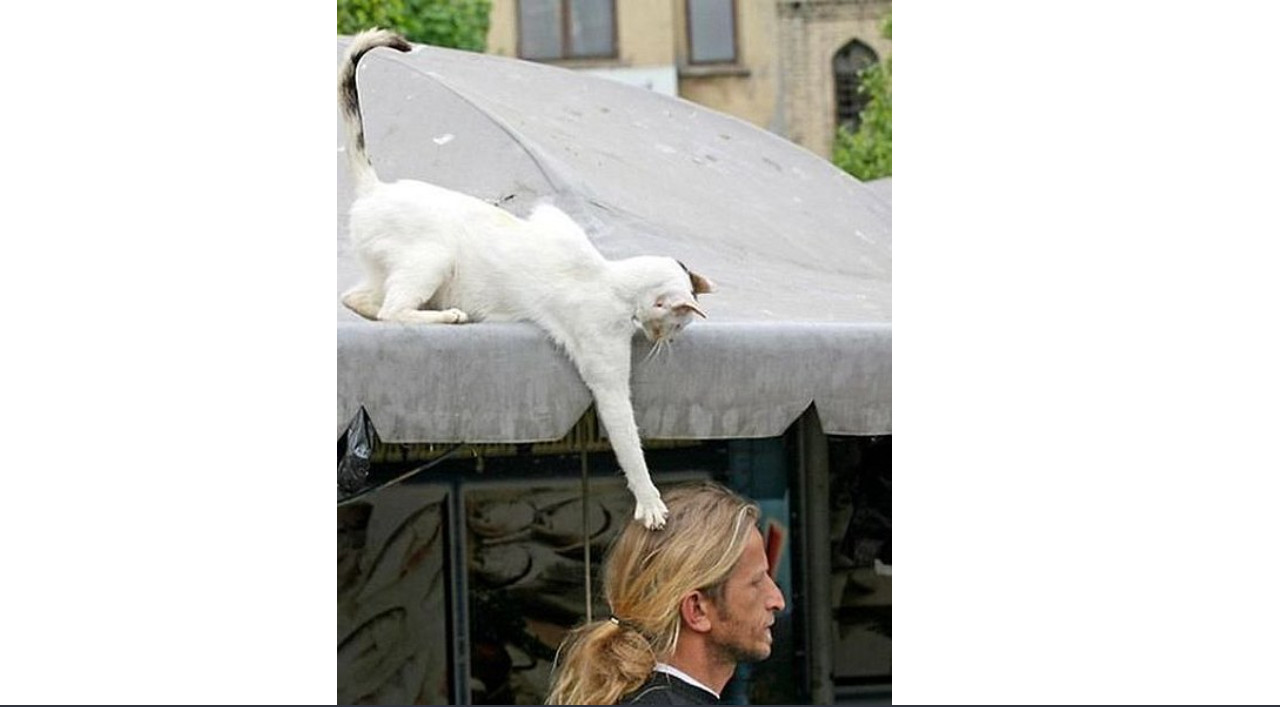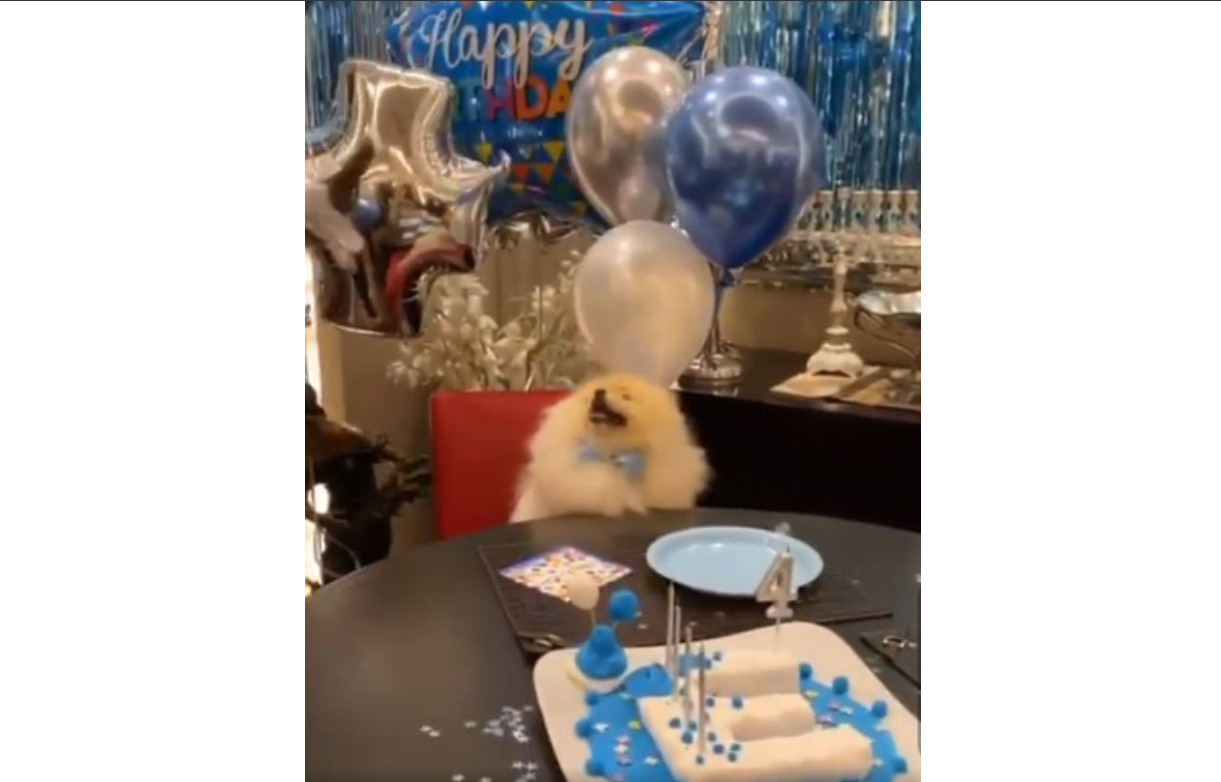All the World
This is how Romance people say everybody: language the world all the world = everybody Spanish el mundo todo el mundo French le monde tout le monde Portuguese o mondo todo o mundo Romanian lumea (the definite article is indicated at the end, “lume+a” in this case). toată lumea Italian il mondo tutto il mondo […] More













